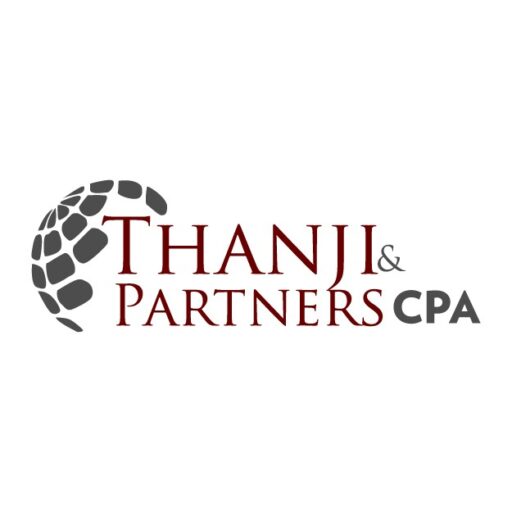A consultant in a non-profit organization, particularly in finance and grant management
compliance, plays a crucial role in providing expertise, guidance, and hands-on support to help
the organization maintain financial integrity, comply with grant requirements, and optimize
resource use.
A consultant therefore ensures that non-profits effectively manage their finances,
Nyambura Thanji – Hedger Consulting
comply with grants, and mitigate risks, enabling them to focus more on their mission.
Here are key responsibilities:
- Financial Management Oversight
Financial Systems Assessment and Improvement: Evaluate existing financial
processes and systems to ensure they are robust, efficient, and compliant with accounting
standards and donor requirements. This may involve implementing new financial
management software, optimizing workflows, or developing new financial policies.
Budgeting and Forecasting: Assist in the development and management of
organizational budgets, ensuring that financial resources are aligned with the non-profit’s
strategic goals. Consultants may also conduct financial forecasting to anticipate future
financial needs and risks.
Financial Reporting: Provide expertise in generating accurate and timely financial
reports for internal management and external stakeholders, including donors. This
includes preparing financial statements and reports that comply with donor-specific
formats and requirements.
Audit Preparation and Support: Ensure the organization is prepared for audits by
reviewing financial records, identifying potential issues, and ensuring that all
documentation is in order. - Grant Compliance
Donor Reporting and Compliance: Help the organization understand and adhere to
donor-specific financial and programmatic requirements. This includes advising on
allowable costs, matching fund requirements, and the timely and accurate submission of
financial reports to donors.
Grant Management Systems: Assist in developing or refining grant management
systems to track the financial aspects of each grant, including expenditures, reporting
deadlines, and compliance requirements.
Capacity Building: Train staff on grant compliance requirements, financial reporting,
and risk management to ensure that the organization can maintain compliance throughout
the grant lifecycle. - Risk Management and Compliance
Risk Identification and Mitigation: Identify financial and grant-related risks (e.g., non-
compliance with donor requirements, mismanagement of funds) and develop strategies to
mitigate these risks. This may include creating or updating risk registers and establishing
stronger internal controls.
Internal Controls: Review and strengthen internal financial controls to prevent fraud,
misappropriation of funds, or compliance breaches. Consultants may recommend specific
procedures for monitoring grant spending and tracking financial transactions. - Capacity Building and Training
Staff Training: Provide hands-on training to finance and program staff to improve their
understanding of grant management, donor compliance, financial reporting, and
budgeting. This ensures that the organization has the internal capacity to manage grants
and financial resources efficiently.
Develop Financial Policies: Help establish or update financial and grant management
policies to ensure long-term compliance with legal and donor requirements. These
policies may cover areas such as procurement, financial reporting, expense approvals,
and audit readiness.
- Strategic Financial Planning
Sustainability Planning: Assist in creating financial strategies to enhance organizational
sustainability, such as diversifying revenue streams or improving cost-efficiency.
Donor Relations and Grant Acquisition: Provide support in developing financial
strategies that align with donor priorities, and advise on how to structure grant proposals
to meet financial compliance requirements. - Grant Closeout Procedures
Final Reporting: Ensure all final financial and programmatic reports are submitted
accurately and on time. Consultants also help the organization prepare for grant closeouts
by ensuring that all financial records are reconciled and that no compliance issues remain
unresolved.
Financial Reconciliation: Help reconcile grant expenditures and ensure any unspent
funds are managed according to donor guidelines.
There could be more based on the needs, structure and nature of the organization.


